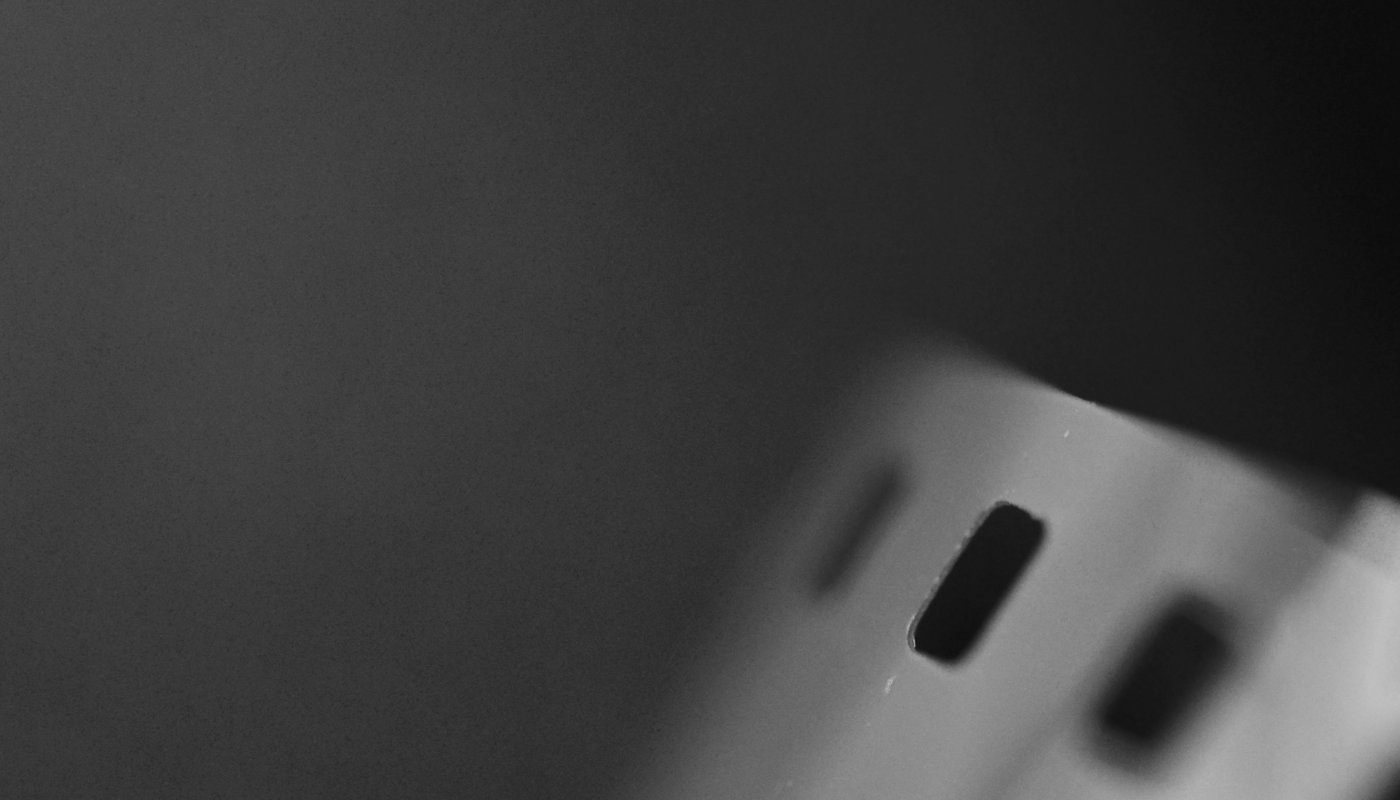“Casper the Friendly Ghost” is a cherished character in popular culture, known for his kind-hearted nature and adventures in both animated and live-action formats. Fans often wonder where the magical stories of Casper were brought to life on the big screen. This article delves into the various filming locations of “Casper the Friendly Ghost,” highlighting the real-world settings that contributed to the film’s enchanting atmosphere.
Main Filming Locations
The live-action adaptation of “Casper the Friendly Ghost” utilized several key locations across the United States to create the film’s unique setting. These locations provided the perfect backdrop for both the supernatural elements and the heartwarming story of Casper.
One of the primary filming sites was Universal Studios in Universal City, California. This renowned studio lot is famous for hosting the production of numerous iconic films. For “Casper,” Universal Studios offered the necessary facilities and versatile backlots that allowed the filmmakers to construct the grand yet eerie Whipstaff Manor, Casper’s haunted mansion. The controlled environment of the studio ensured that the special effects and ghostly apparitions were seamlessly integrated into the scenes.
Another significant location was Boston, Massachusetts. The city’s historic architecture and charming neighborhoods were ideal for portraying the suburban setting where Casper interacts with the human characters. Filming in Boston provided an authentic New England feel, which was essential for the movie’s storyline. The blend of old and new buildings in Boston added depth to the film’s visual appeal, making the suburban scenes more relatable and immersive for the audience.
Maine also played a crucial role in the filming process. The state’s picturesque landscapes, including its lush forests and coastal areas, were used for the film’s outdoor scenes. Maine’s natural beauty provided a stark contrast to the urban settings of Boston, enhancing the supernatural elements of the story. The serene and sometimes eerie ambiance of Maine’s environment contributed significantly to the movie’s overall atmosphere.
Paramount Studios in Hollywood was another key filming location. Known for its state-of-the-art sound stages and production facilities, Paramount Studios was essential for shooting the interior scenes of Whipstaff Manor. The advanced technology and expertise available at Paramount ensured that the special effects, particularly those involving Casper’s ghostly presence, were executed flawlessly. This studio provided the perfect setting for the intricate details required for the film’s interior scenes.
Key Scenes and Their Locations
Understanding where specific scenes were filmed provides a deeper appreciation for the effort and creativity involved in bringing “Casper the Friendly Ghost” to life. The table below highlights some of the most memorable scenes and their corresponding filming locations.
| Scene | Location | Description |
| Whipstaff Manor Exterior | Universal Studios, CA | The grand facade of Casper’s mansion was built on Universal’s backlot. |
| Suburban Neighborhood | Boston, MA | Filming took place in a residential area to depict the film’s main setting. |
| Outdoor Forest Chase | Maine Forests | The lush forests of Maine provided a natural setting for chase scenes. |
| Interior Manor Hallways | Paramount Studios, Hollywood | Detailed interior shots of the mansion were filmed on sound stages. |
| Halloween Party Scene | Boston, MA | A lively neighborhood party was filmed in a decorated Boston suburb. |
| Ghostly Appearances | Universal Studios, CA | Special effects scenes featuring Casper were filmed in controlled studio setups. |
Behind the Scenes Insights
Creating a film like “Casper the Friendly Ghost” involves meticulous planning and collaboration among various departments. The production team faced several challenges, from designing the haunted manor to integrating Casper’s ghostly effects seamlessly into live-action scenes. The combination of practical sets and digital effects was crucial in bringing Casper’s friendly yet supernatural character to life.
One of the significant aspects of the production was the construction of Whipstaff Manor. The set designers aimed to create a mansion that was both grand and spooky, reflecting Casper’s dual nature as a ghost with a kind heart. Every detail, from the ornate staircases to the eerie chandeliers, was carefully crafted to ensure that the manor felt authentic and inviting, despite its haunted reputation.
Special effects played a vital role in the film, especially in portraying Casper’s ghostly abilities. The integration of CGI with live-action footage required precise coordination between the visual effects team and the actors. This collaboration ensured that Casper’s movements and interactions with the human characters were believable and engaging. The use of animatronics and motion capture technology also contributed to creating a realistic ghostly presence.
The cast and crew worked closely to bring out the best performances and technical quality. Actors immersed themselves in their roles, while the technical team focused on capturing the right lighting and effects to enhance the supernatural elements. This synergy was essential in creating a film that balanced humor, heart, and the eerie charm of Casper’s world.
Filming in multiple locations like Universal Studios, Boston, and Maine required careful logistics and scheduling. The production team had to manage the transportation of equipment, accommodation for cast and crew, and coordination with local authorities to secure filming permits. Despite the complexities, the team’s dedication ensured that filming proceeded smoothly, allowing for a high-quality final product.
Key Scenes Filmed in Each Location
Universal Studios, CA
- Exterior of Whipstaff Manor
- Ghostly special effects scenes
Boston, MA
- Suburban family home
- Halloween party scenes
Maine Locations
- Forest chase sequences
- Coastal night scenes
Paramount Studios, Hollywood
- Interior mansion hallways
- Technological setups for CGI Casper
Production Insights
The production of “Casper the Friendly Ghost” required a strategic approach to location selection, balancing practical sets with digital enhancements. The choice of Universal Studios, Boston, and Maine was instrumental in creating a believable and captivating environment for the story. Each location was selected based on its ability to contribute to the film’s aesthetic and narrative needs.
Choosing the right locations was essential for maintaining the film’s tone. Universal Studios provided the controlled environment needed for constructing intricate sets like Whipstaff Manor, while Boston offered an authentic suburban backdrop that grounded the supernatural elements in a relatable setting. Maine’s natural landscapes added a layer of depth and realism to the outdoor scenes, making the ghostly chases and night-time sequences more visually appealing.
Balancing practical sets with digital effects was a key aspect of the production. The use of sound stages at Paramount Studios allowed for precise control over lighting and acoustics, which was crucial for filming interior scenes that required special effects. Digital enhancements were used to portray Casper’s ghostly abilities, ensuring that his presence was both visible and ethereal without overwhelming the live-action elements.
Scheduling and coordination were critical given the multiple filming locations. The production team had to meticulously plan each shoot to accommodate the different environments and logistical requirements. This involved coordinating travel arrangements, managing equipment transport, and ensuring that each location was prepared for filming on schedule. Effective time management and clear communication were essential in keeping the production on track.
Cost management was another important consideration. Filming in major cities like Boston and Hollywood can be expensive, so the production team had to allocate resources wisely. Utilizing studio backlots and negotiating favorable filming permits helped in controlling costs without compromising on quality. This financial prudence allowed the team to invest in high-quality sets and special effects, enhancing the overall production value of the film.
Environmental considerations were also taken into account, especially when filming in natural settings like Maine. The production team implemented measures to minimize their impact on the environment, ensuring that filming activities did not disrupt local ecosystems. This responsible approach not only preserved the natural beauty of the locations but also maintained good relations with the local communities.
Impact of Filming Locations on the Film’s Success
The choice of filming locations had a profound impact on the success of “Casper the Friendly Ghost.” The authentic settings and meticulously designed sets contributed to the film’s immersive experience, making it resonate with audiences and enhancing the storytelling.
Enhancing Storytelling
The diverse filming locations allowed the filmmakers to create a dynamic and engaging story. The contrast between the spooky Whipstaff Manor and the cozy suburban neighborhoods highlighted Casper’s unique character and his desire for friendship and acceptance. This juxtaposition made the narrative more compelling, as it showcased Casper’s ability to navigate both the supernatural and the everyday world.
Visual Appeal
The picturesque settings of Boston and Maine added significant visual appeal to the film. The historic architecture of Boston provided a charming and realistic backdrop for the suburban scenes, while Maine’s natural landscapes offered a beautiful and eerie environment for the outdoor sequences. These visually rich locations captivated the audience and provided memorable scenes that stood out.
Authentic Atmosphere
Filming in real locations like Boston and Maine added an authentic atmosphere to the movie. The genuine ambiance of these places made the supernatural elements more believable, allowing viewers to connect more deeply with Casper’s story. The authenticity of the settings helped ground the fantastical aspects of the film, making the overall experience more relatable and enjoyable.
Audience Connection
The familiar settings of suburban neighborhoods and charming towns helped audiences relate to the characters and their experiences. This connection made Casper’s friendly nature and his quest for companionship more impactful and heartwarming. The realistic environments allowed viewers to see themselves in the story, enhancing their emotional investment in Casper’s journey.
Conclusion
The filming locations of “Casper the Friendly Ghost” were instrumental in bringing the beloved character to life on the big screen. From the versatile backlots of Universal Studios to the historic streets of Boston and the natural beauty of Maine, each location played a vital role in creating the film’s enchanting atmosphere. The careful selection and utilization of these real-world settings, combined with the creative efforts of the production team, ensured that Casper’s story was both magical and relatable. Understanding where “Casper the Friendly Ghost” was filmed adds an extra layer of appreciation for the movie, highlighting the dedication and creativity that went into its creation.



